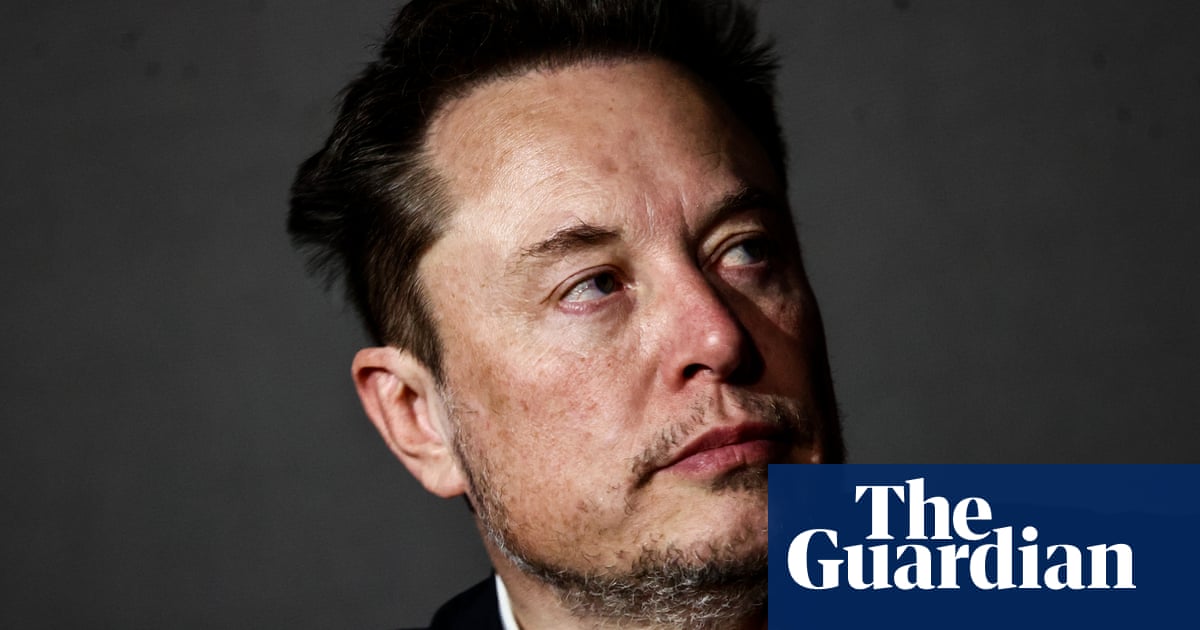
Nowhere did Tuesdays launch of SpaceXs Falcon Heavy rocket echo as powerfully as in Russia. The private US company continues to produce technical feats on which the Russian space industry has given up: First the consistent reuse of rockets, and now the successful launch of a rocket with as many as 27 engines.
The Soviet Union tried something similar in the 1960s and early 1970s. Sergei Korolev, the rocket designer who launched the first satellite and the first man into space, began the development of what came to be known as the N-1, a 30-engine superheavy rocket capable of taking a 75-ton space station to orbit and perhaps to the Moon, Mars and Venus. Finished after Korolevs death in 1966, the N-1 was test-launched four times. Each of the launches failed, largely because of the difficulty of running so many engines at the same time.
Now SpaceX has pulled off a similar task, and even though its not clear yet who will contract for the Falcon Heavys services, SpaceX founder Elon Musk now has the most capable missile in the world: It can deliver up to 64 tons into orbit. Russias plans to build such a rocket, capable of flying to the Moon or to Mars, arent even complete yet, and certainly not fully funded, though Igor Komarov, head of Roskosmos, the Russian space agency, has promised a first launch in 2028. Even China is likely to have a superheavy launch vehicle before Russia. But its the success of upstart Musk that smarts. Roskosmos has the full power of the state behind it, after all. And yet heres this boyish-looking showman launching his roadster into space, David Bowie blasting from the cars speakers and "Dont Panic" -- a quote from Douglas Adams "The Hitchhikers Guide to the Galaxy" -- lit up on the central console.
The corniness didnt make it less bitter. Russians laugh when it hurts and there were plenty of Russian memes that gamely acknowledged defeat by suggesting what Russia could have launched into space in place of a Tesla Roadster:
But the undertone is serious. Vitaly Egorov, spokesman for Dauria Aerospace, a private Russian satellite manufacturer that works with Roskosmos, posted bitterly on Facebook:In fact, Musk hasnt done anything fantastical. Korolev has done this kind of thing, and so did [rocket engine designer Valentin] Glushko. Soviets did it, and Russians can do it too. But now were onlookers and we see it as the stuff of fantasy. Many people have asked me: "Could we replicate the success of SpaceX?" Technically, we can. In the final accounting, landing a stage or making a superheavy rocket is a mathematical task, and we arent out of mathematicians. What we are out of is dreamers. To know how to fly and where to fly, we need to know why were flying.
Musk, with his crude salesmanship and nerdish cultural references, has a dream, described in a white paper he published last year: To colonize Mars. Musk admitted in the white paper that was his only motivation for getting rich.
Russia doesnt really have a dreamer to match. It has Dmitri Rogozin, the nationalist deputy prime minister in charge of the defense and aerospace industry, who publicly squabbled with the Roskosmos management after the latest launch failure in November. Roskosmos officials hired a private Gulfstream jet to fly to the launch from a new pad in Russias Far East, but the Soyuz rocket, carrying 18 satellites, burned up in the atmosphere. Rogozin then accused Roskosmos of programming the Fregat upper stage for a launch from a different pad. "One tailor sews the pocket, another the lapel, but the suit doesnt work as a whole," Rogozin said. Roskosmos denied making the error. But, after a series of criminal investigations in the Russian aerospace industry -- with cases including the improper use of cheap components in building rockets -- not even the silliest explanations are out of the question.
Ever since the Soviet Unions collapse, the Russian space program has been run pragmatically for cash. Using time-tested technology, Russia seized leadership in the commercial launch market. But SpaceXs persistence and ingenuity, and its success in bringing down costs by reusing rockets, made it the likely market leader last year and possibly even profitable. The Falcon 9 was certainly the most successfully launched rocket in the world.(Bloomberg)












